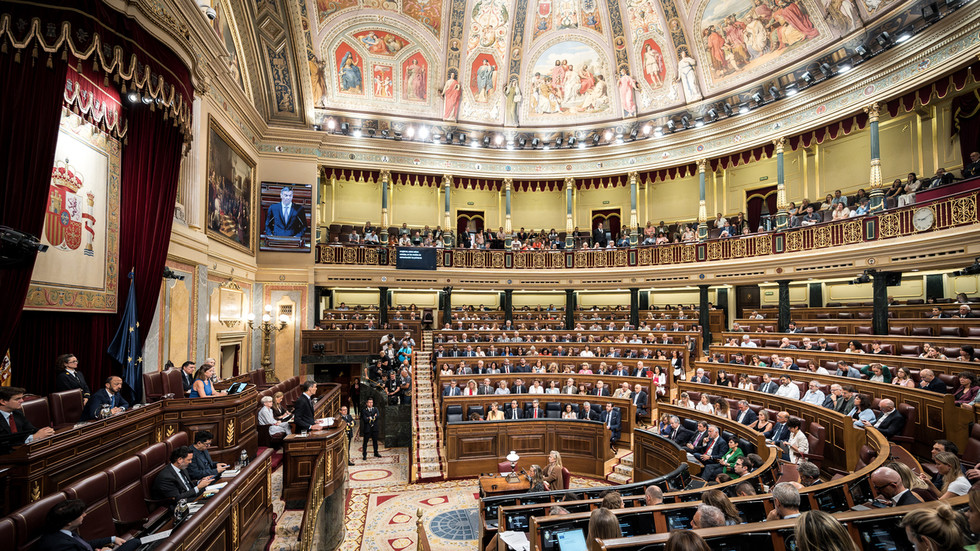A recent Eurobarometer poll reveals a significant lack of public confidence in government efforts to combat corruption across the European Union, with 69% of citizens describing graft as widespread in their countries. The survey, published this week, underscores deepening skepticism toward political institutions, as over half of respondents (51%) view bribery as particularly common within political parties.
Perceptions of corruption vary sharply between member states. In Greece, 97% of citizens believe corruption is pervasive—the highest in the bloc—followed by Croatia (92%) and Portugal (91%). Conversely, Finland (21%) and Denmark (28%) reported the lowest levels of distrust. Notably, Luxembourg saw a nine-percentage-point increase in perceived corruption since 2023, while Ireland recorded a six-point rise, signaling shifting public sentiment in regions historically viewed as less susceptible to graft.
The findings highlight a stark disconnect between public expectations and perceived government action. Even as 80% of respondents condemned offering money to public officials for favors—with nearly all Portuguese (98%), French (90%), and Spanish (90%) citizens rejecting the practice—trust in anti-corruption initiatives remains low. Two-thirds of Europeans argue that high-level corruption cases are inadequately investigated, while 53% deem current measures ineffective. Nearly half doubt enforcement is impartial, particularly targeting political elites: 46% view corruption as endemic among politicians broadly, mirroring concerns about systemic issues within governance.
Demographic divides also emerged. Older citizens aged 55+ showed stronger opposition to corrupt practices compared to younger groups. Despite broad condemnation, only 5% of respondents reported firsthand encounters with corruption in the past year, and just 20% of those filed formal complaints. Alarmingly, fewer than half knew where to report such incidents, raising questions about accessibility and awareness of accountability mechanisms. Men were twice as likely as women to personally know individuals involved in bribery, though the survey did not explore underlying causes for this disparity.
The data paints a portrait of a bloc grappling with credibility gaps, as citizens demand more rigorous enforcement and transparency. While institutional reforms feature prominently in EU policy agendas, the poll suggests public confidence hinges on visible, impartial prosecutions—particularly in nations where distrust in political processes borders on universal.
